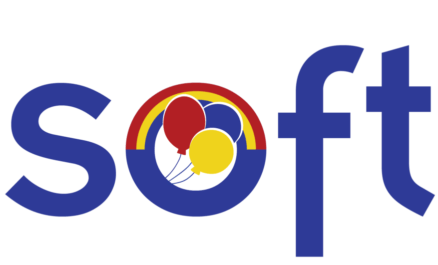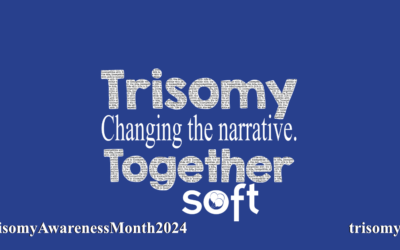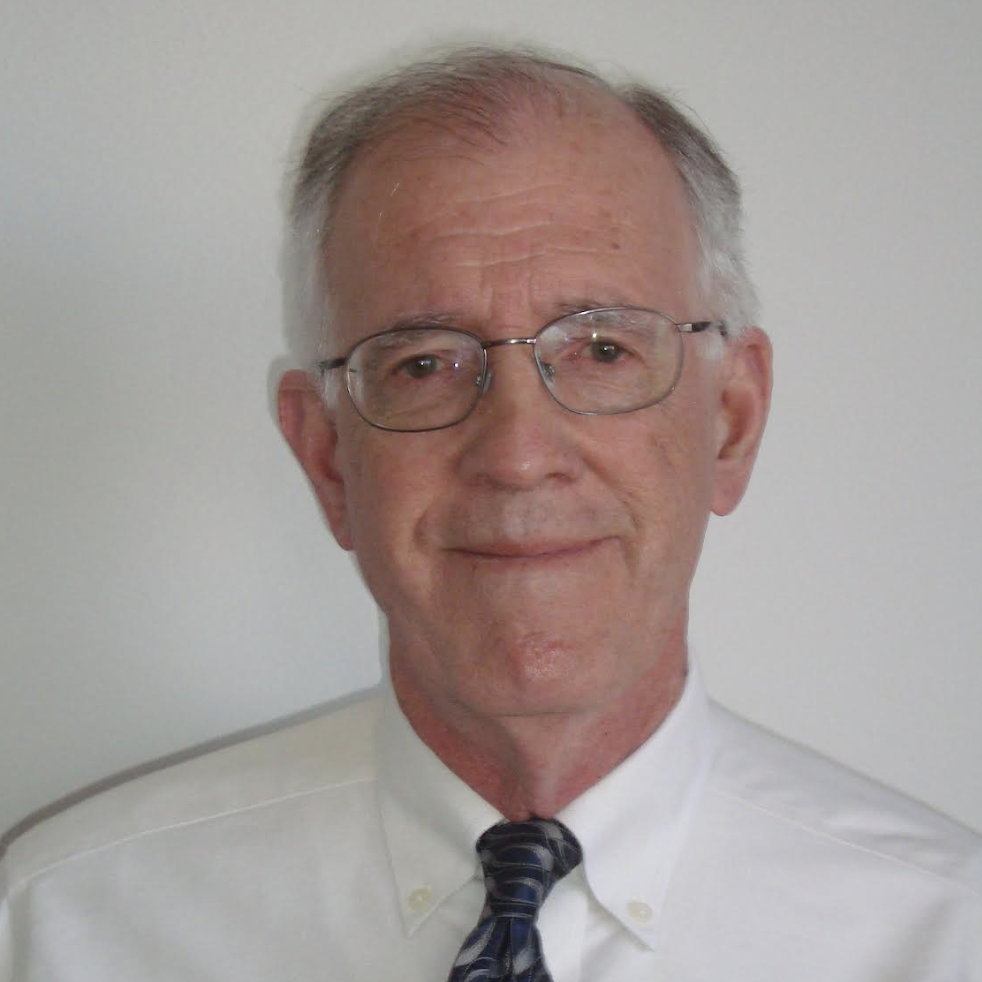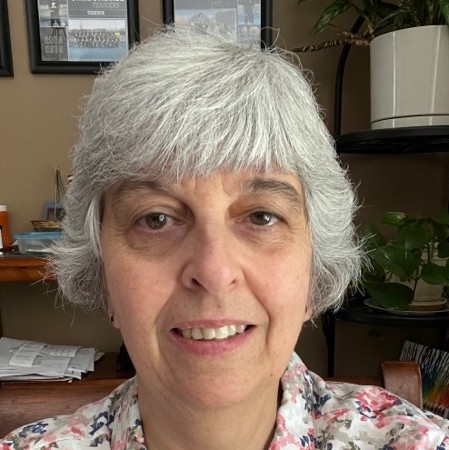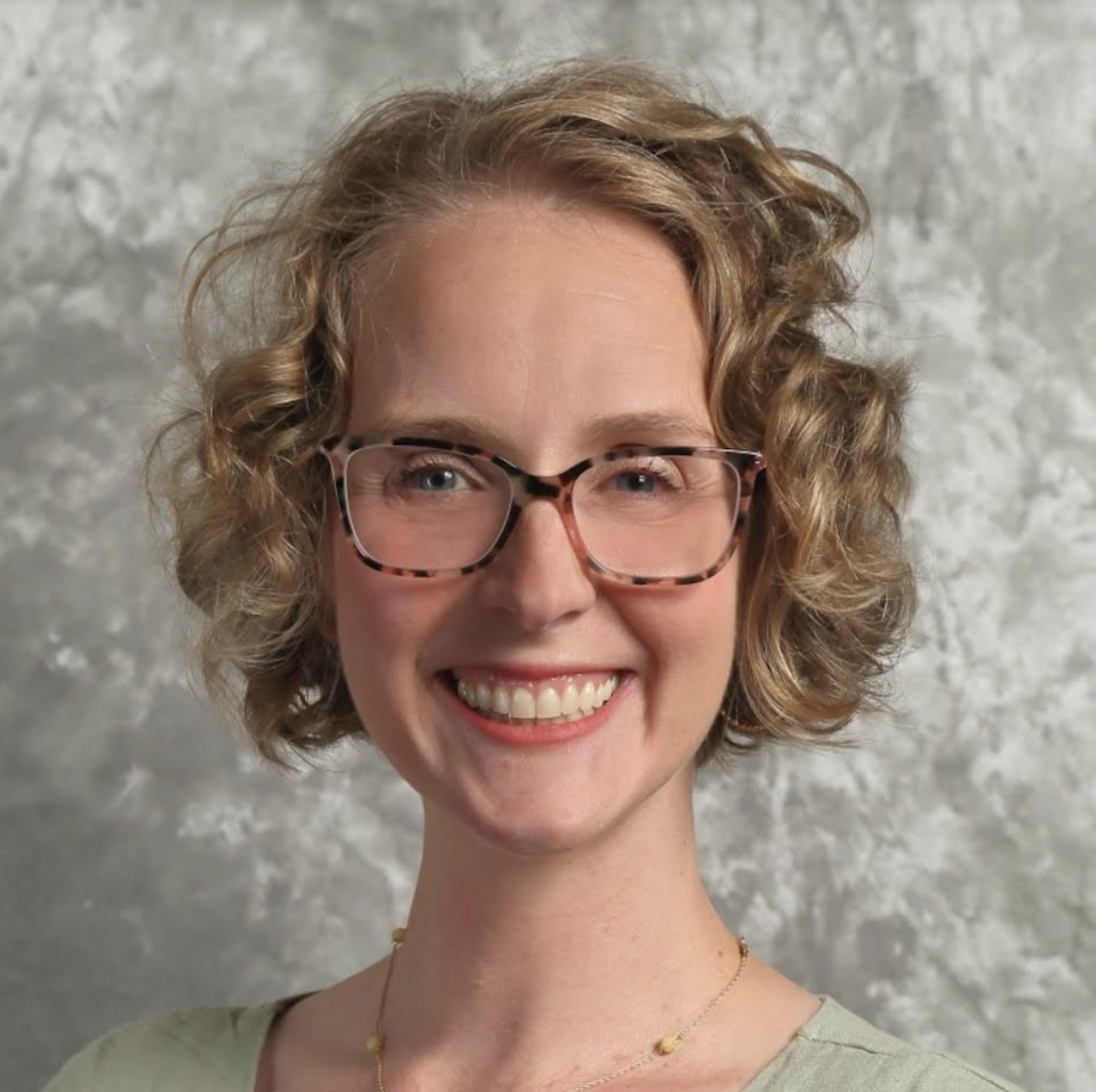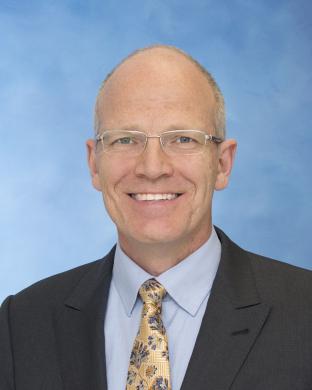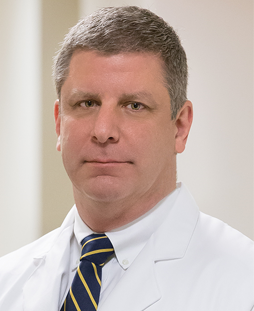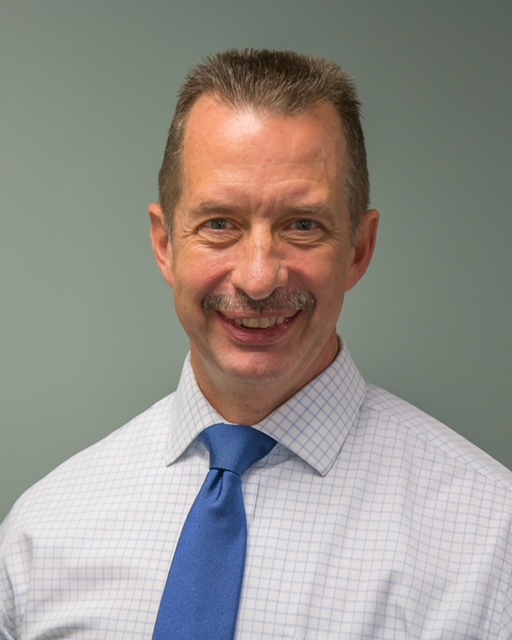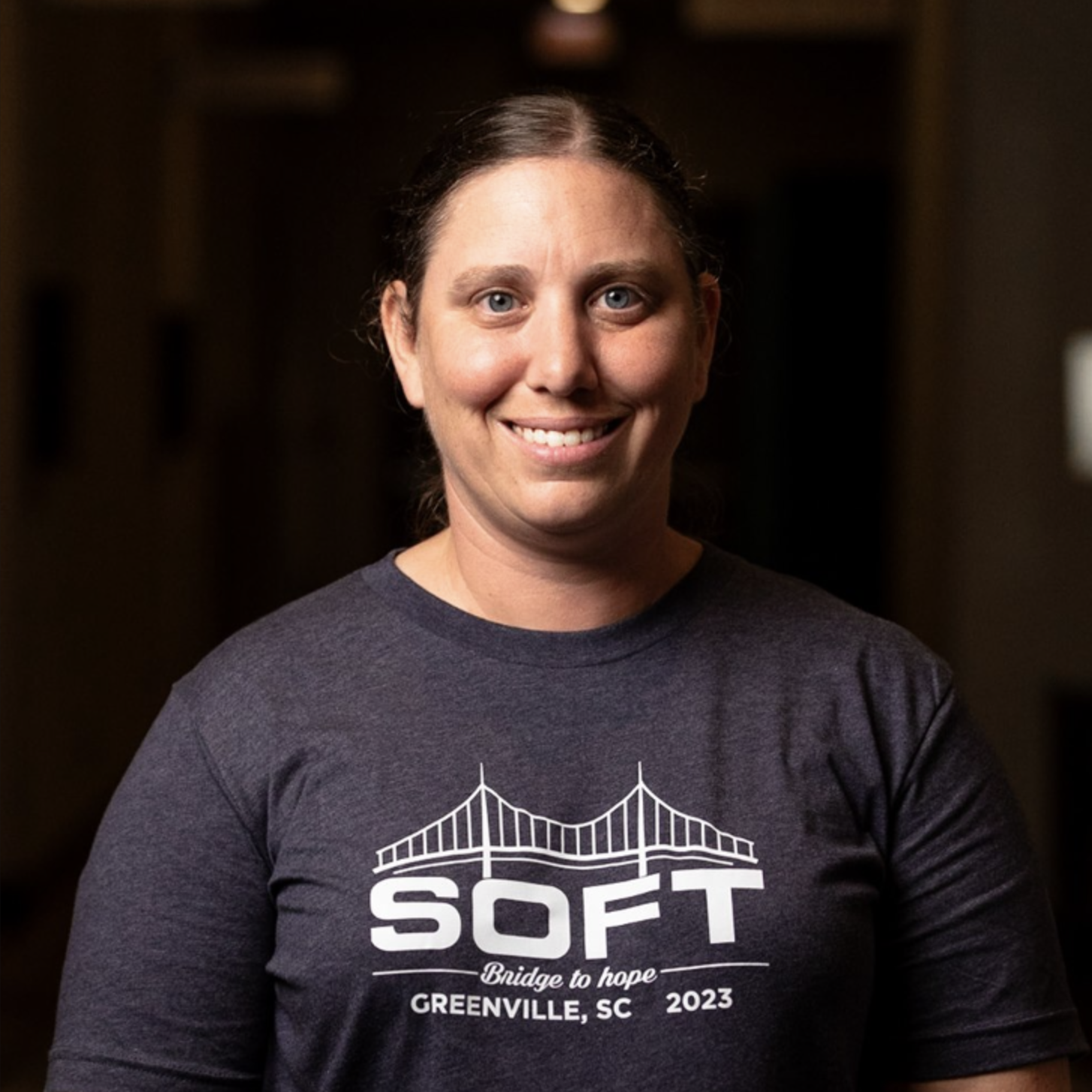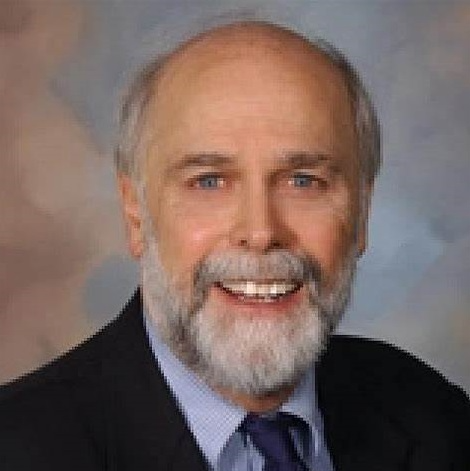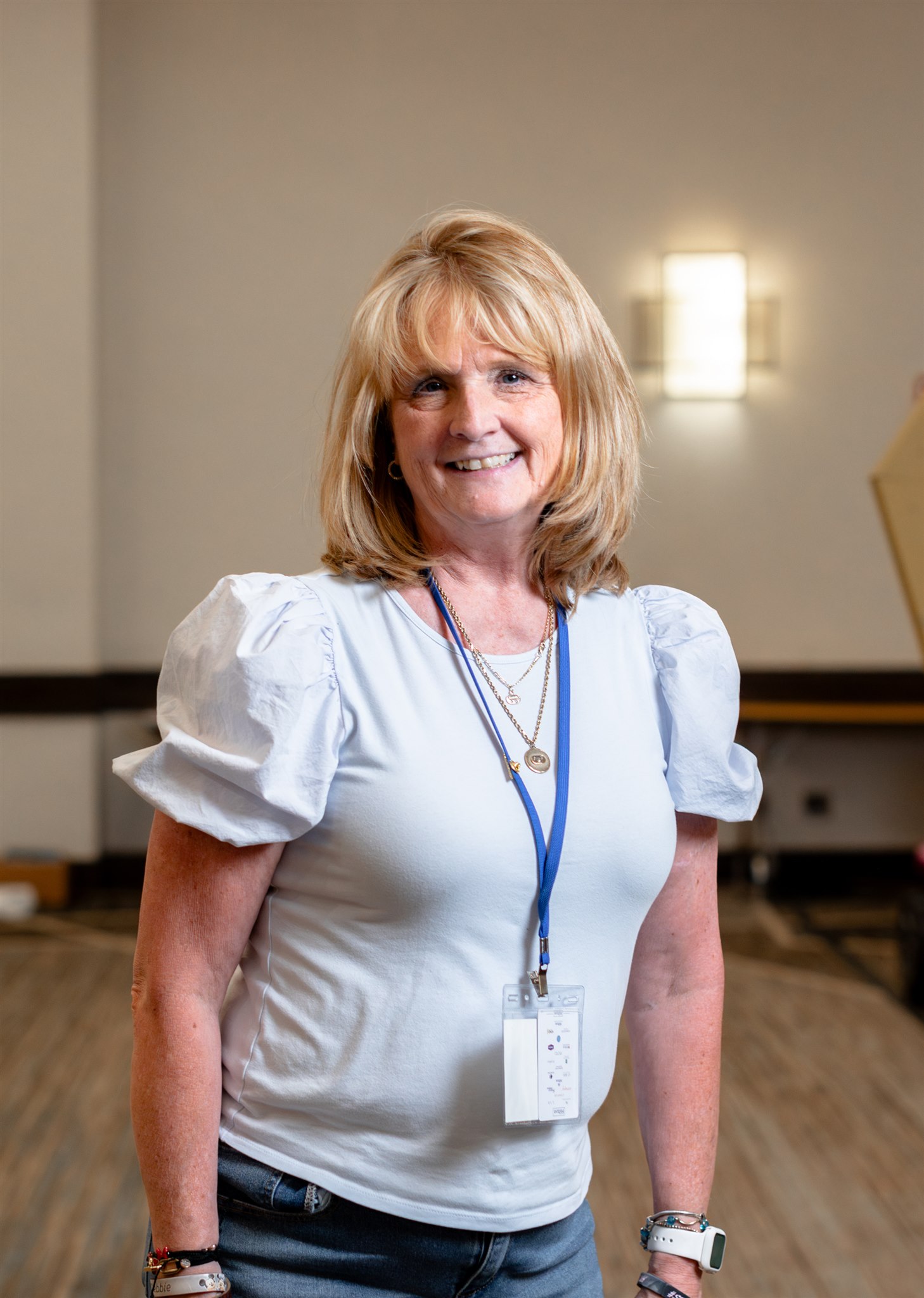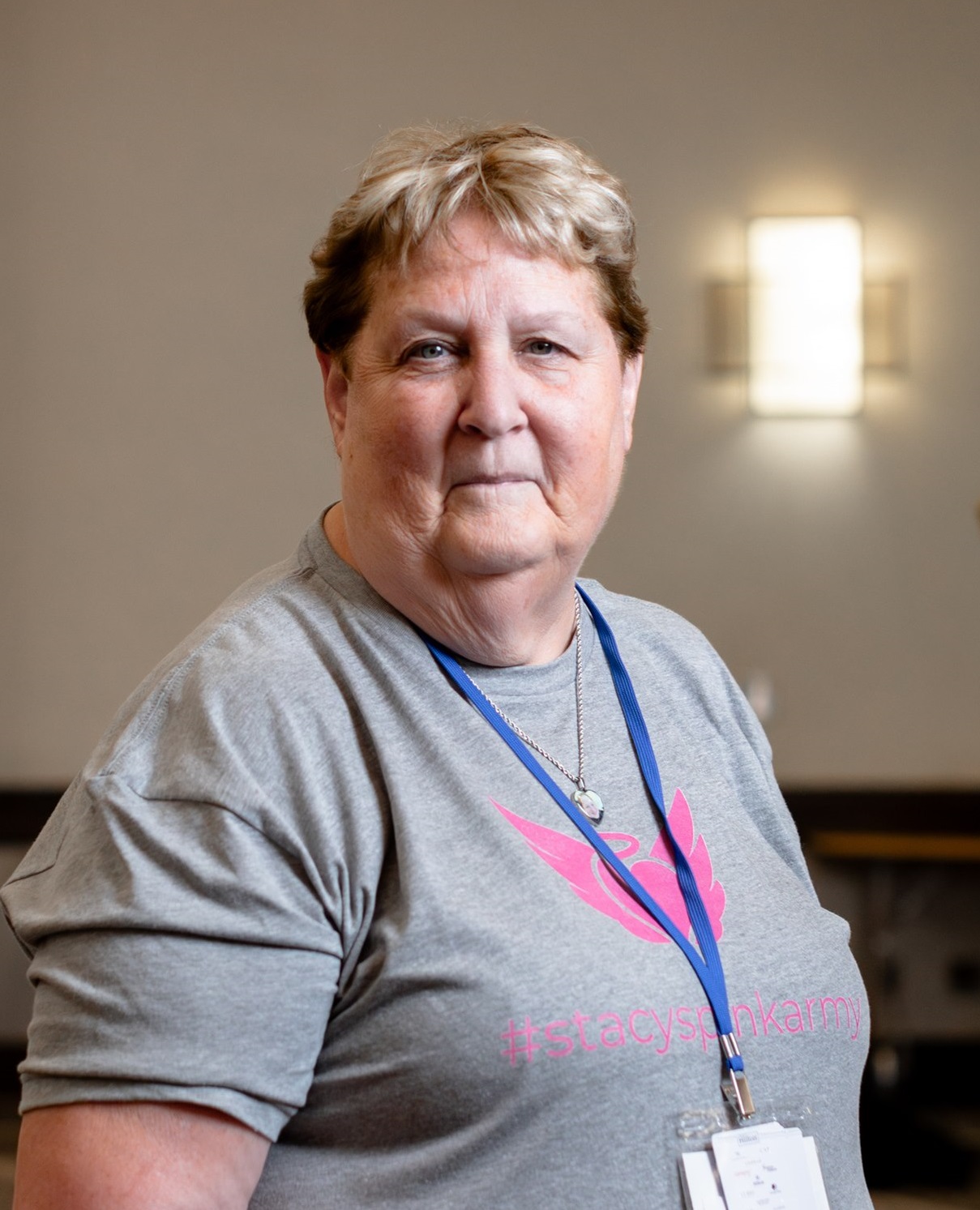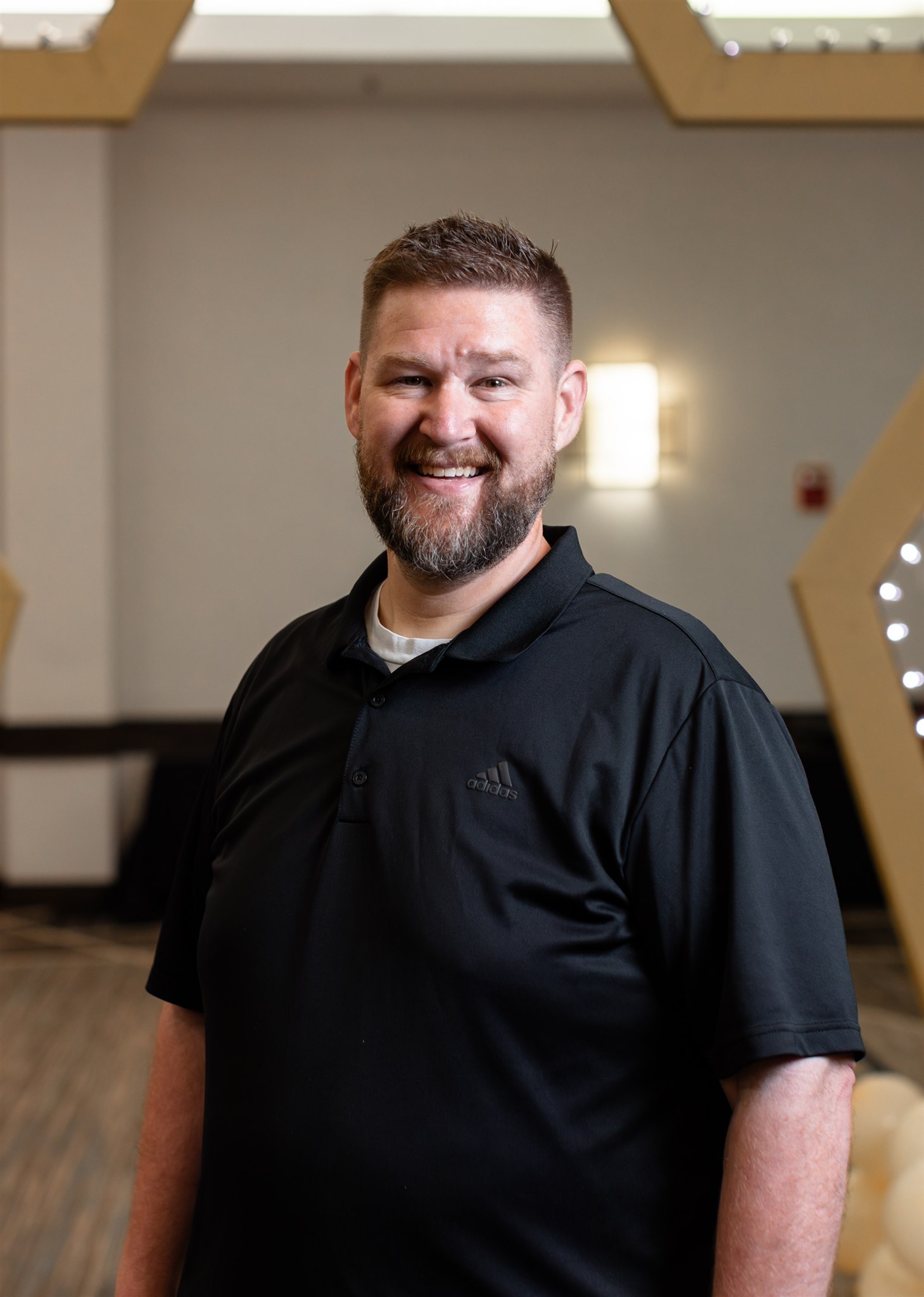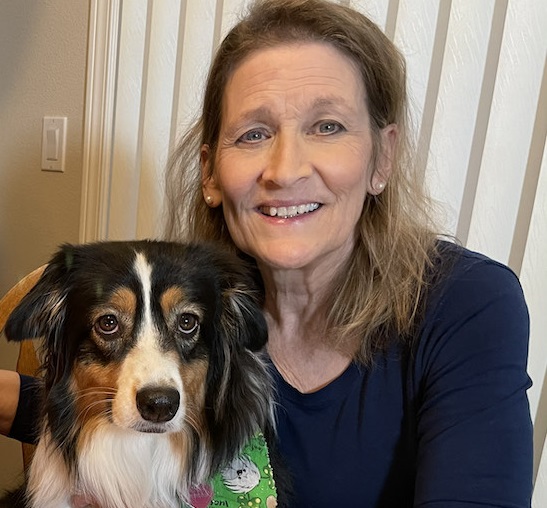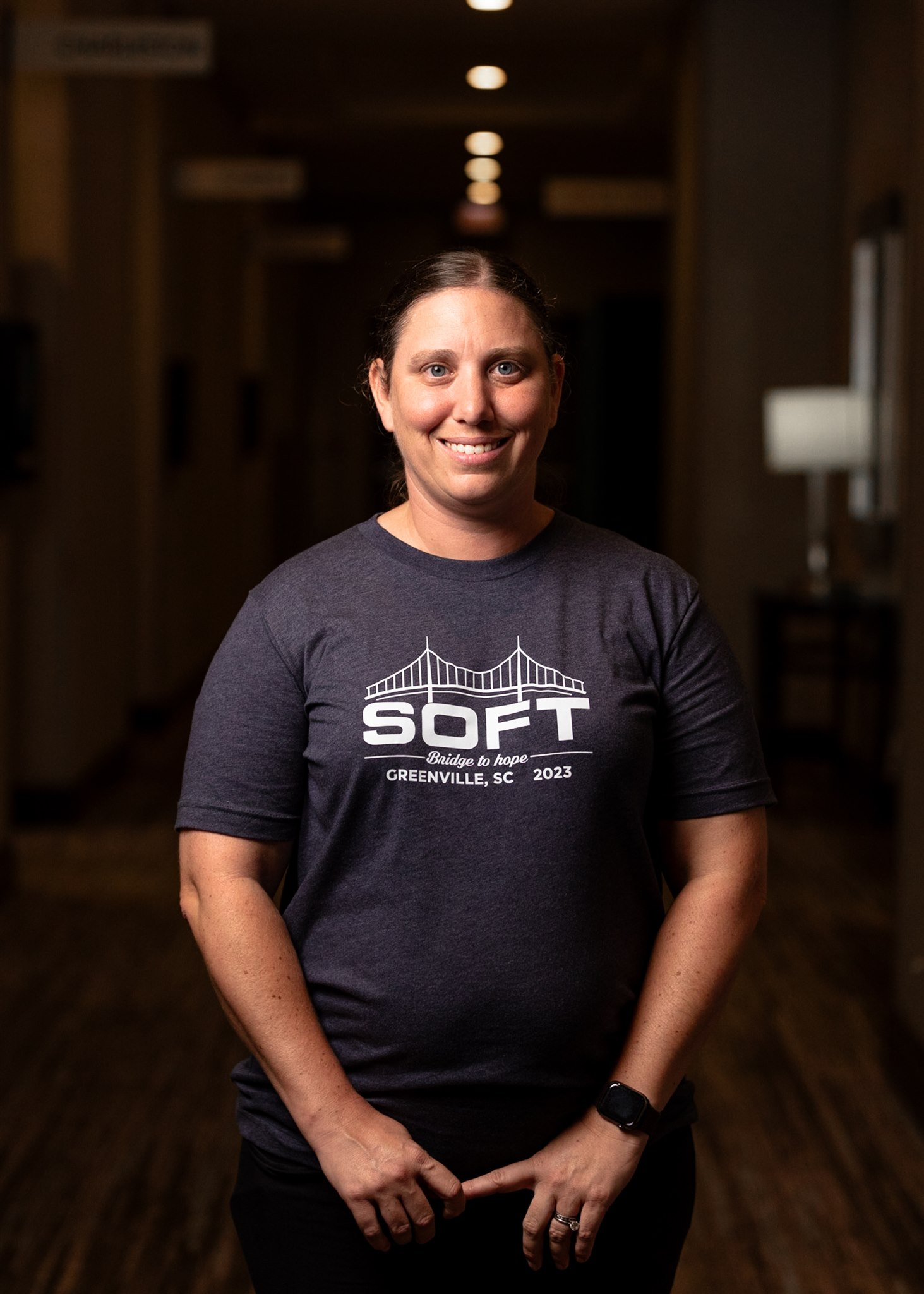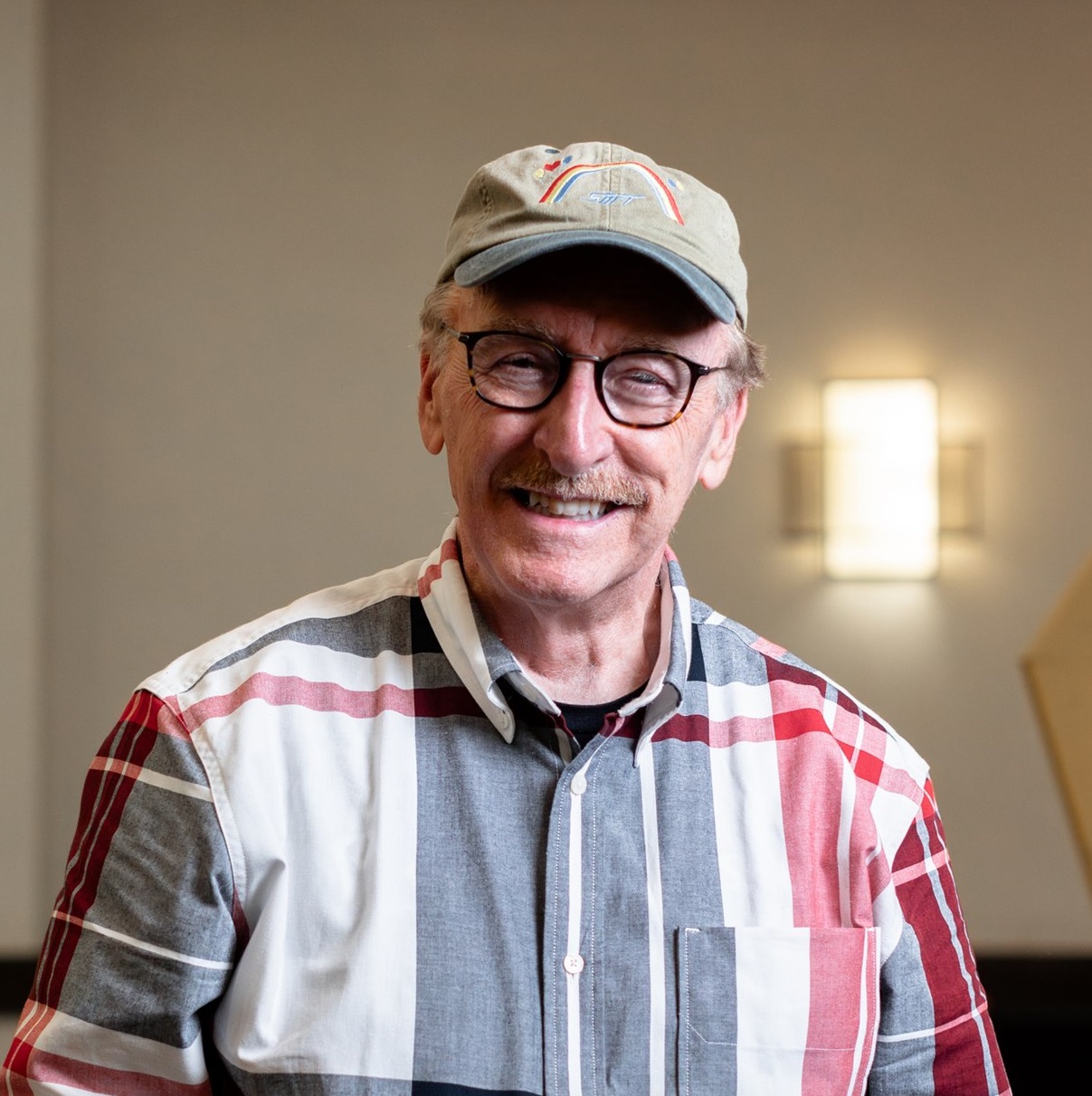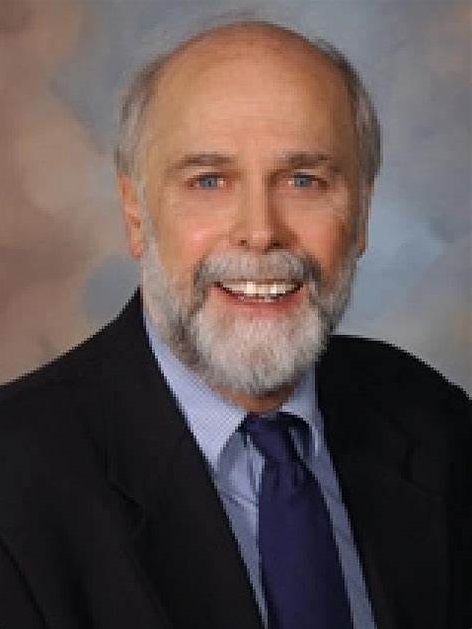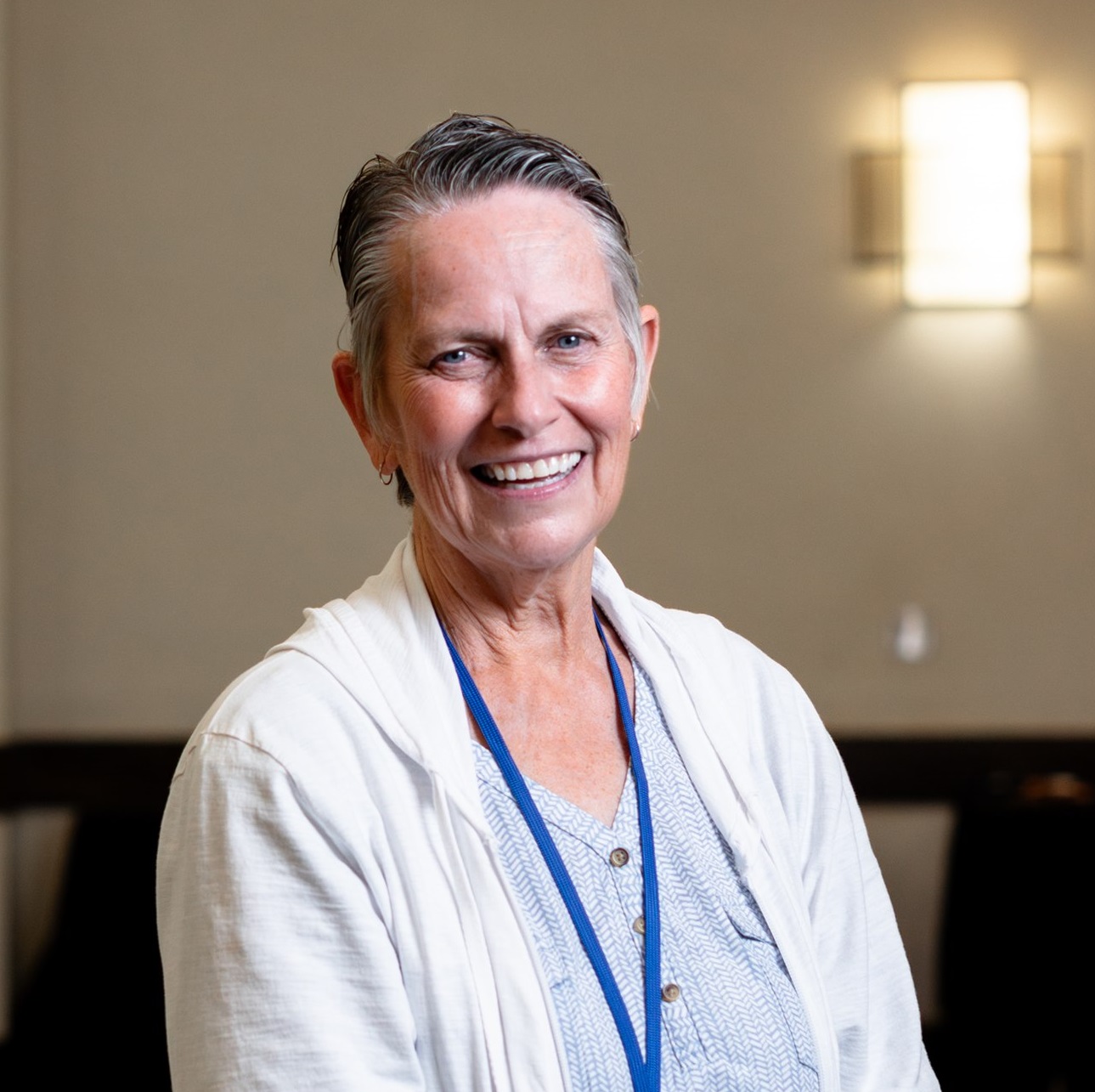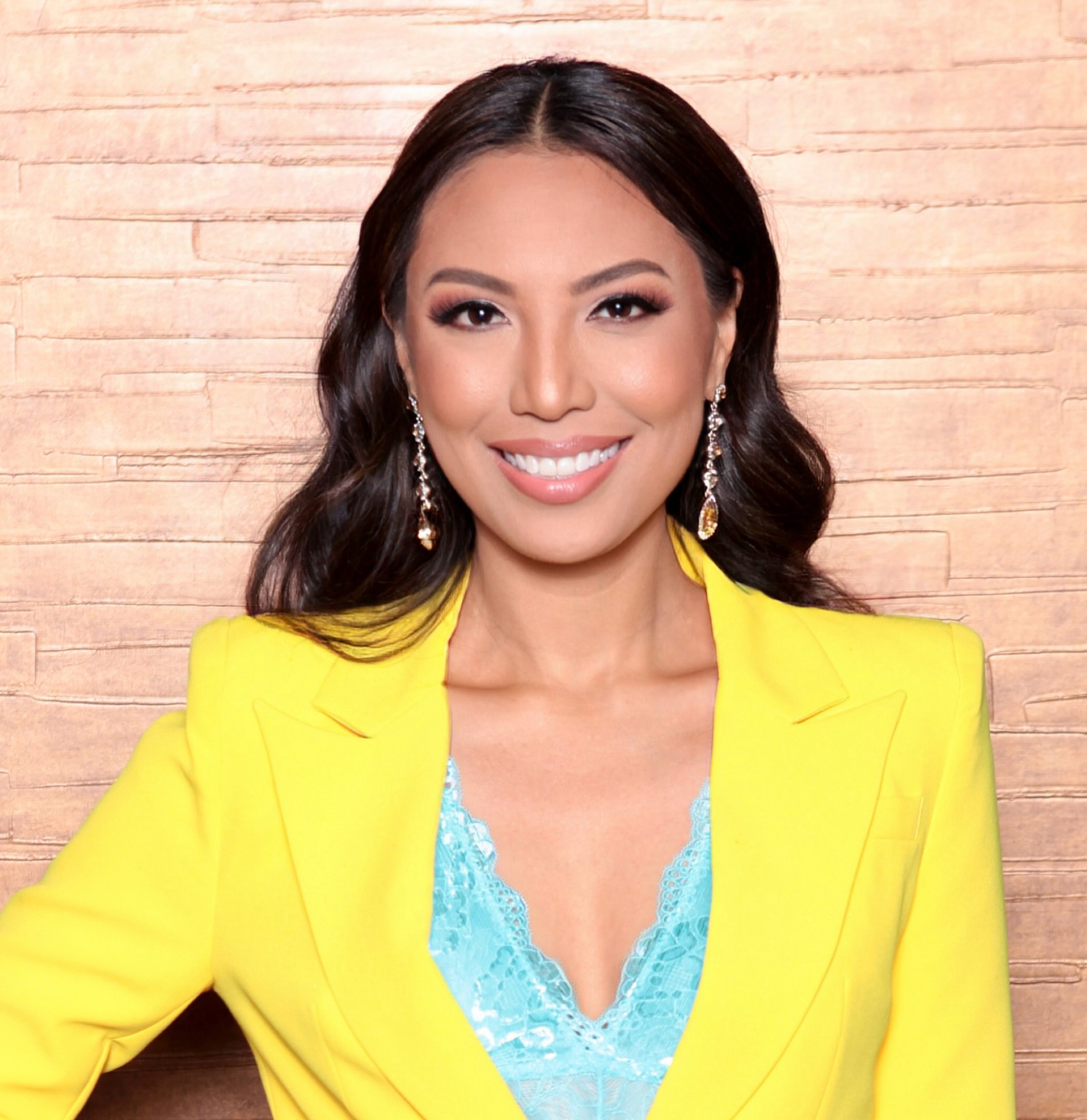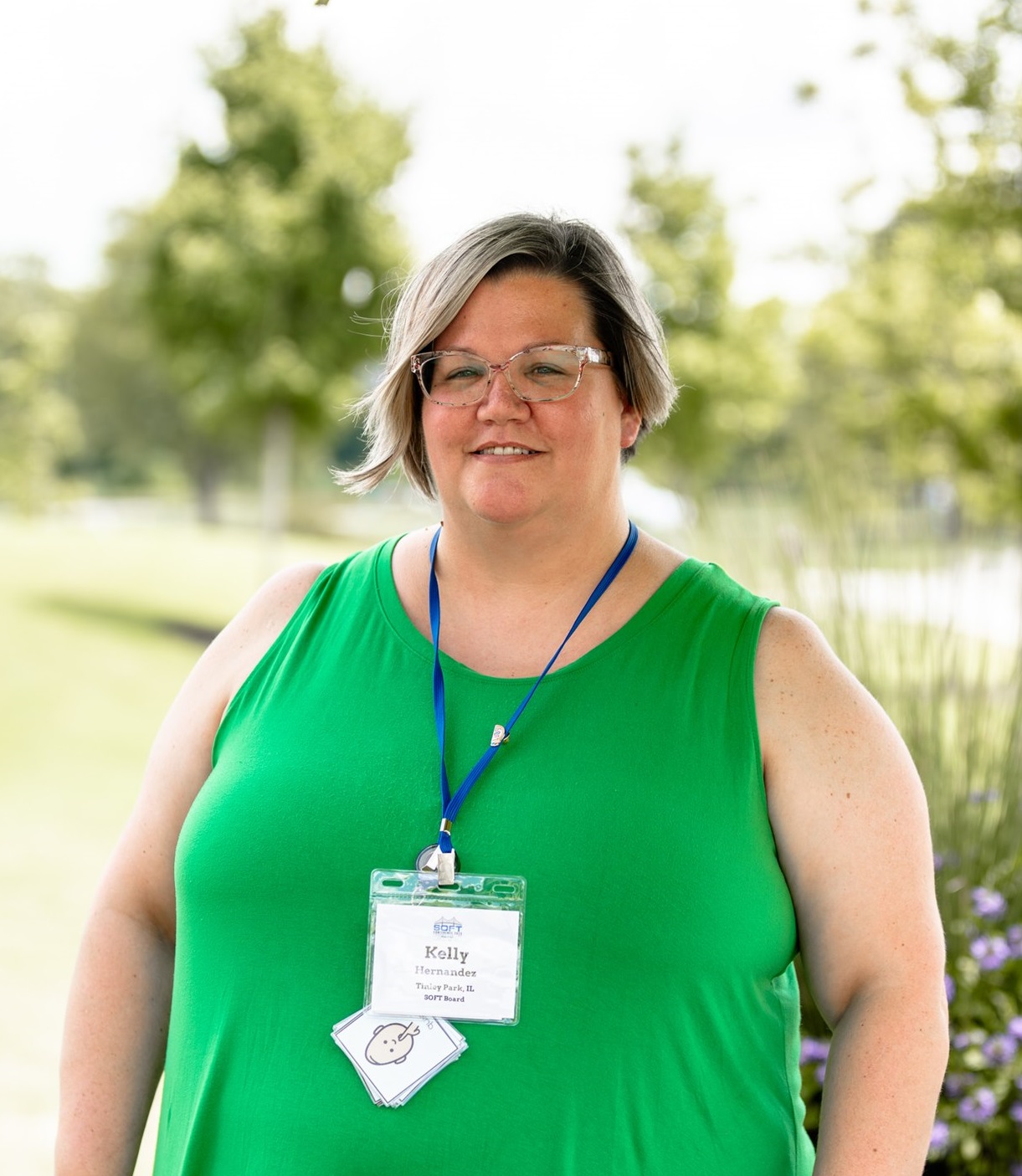ABOUT RELATED DISORDERS
What Are Related Disorders?
Currently, approximately 25% of SOFT’s family membership consists of parents whose child does not (or did not) have full trisomy 18 or 13. Mosaicism, partial trisomy, translocations and other related chromosomal disorders are variable phenotypes of a full trisomy. Full trisomy refers to three copies of a chromosome being present in all cells. Mosaic trisomy refers to two cell lines in a person; one with trisomy (3 copies of a chromosome), the other with 2 copies. Partial trisomy occurs when only a piece of a chromosome is extra in a person’s cells due to translocation (the attachment of part of one chromosome to another).
In trisomy 13, translocation and mosaicism occur in about 20% of cases (Carey, Trisomy 13 Facts (2015) www.trisomy.org ). In trisomy 18, less than 5% have mosaicism and about 2% partial trisomy (Cereda and Carey. 2012, The Trisomy 18 Syndrome). A variable phenotype results in a wider range of outcomes; generally more optimistic, though some might be as affected as a child with a full trisomy. Retesting for mosaicism is sometimes suggested for a child with a full trisomy diagnosis, who is doing better than predicted. Survival statistics for full trisomy are generally not applicable to variable phenotypes.
Studies of groups of individuals with rare disorders are hampered by their small numbers or uniqueness, but there might be case studies for some. The NIH Genetic and Rare Disease Information Center provides information about some disorders at: https://rarediseases.info.nih.gov/. The National Organization for Rare Disorders (NORD) has a search page for rare disorders at:
https://rarediseases.org/for-patients-and-families/information-resources/rare-disease-information/
Related Chromosome Disorder Groups:
Chromosome 3q
Chromosome 3q Disorder Registry family information and support
Website: chromosome3disorder.com/
4P- Support Group (Wolf-Hirshorn Syndrome)
Website: www.4p-supportgroup.org
Wolf-Hirshhorn Syndrome, Deletion 4P, A Guidebook for Families , Schaefer et al, 1996
Christine Kleimola, SOFT member, initiated and helped write this book.
Ypsilanti, MI
Phone: 734-482-4027
Email: chriskleimola@sbcglobal.net
Chromosome 8
Judy Miller
Coralville, IA
Phone: 319-337-2608
Email: Vamjam1@mchsi.com
Trisomy 9, Trisomy 9 Mosaic
(9TIPS) Trisomy 9 International Parent Support Group
9TIPS is an international support group for trisomy 9, covering all variations.
Website: www.trisomy9.org/9tips.htm
Alice Todd
Highland, CA
Phone: (909) 862-4470
Email: BTODD@roadrunner.com
Trisomy 10
Distal Trisomy 10q Families support group
Website: trisomy10q.org
Email: info@trismoy10q.org
Trisomy 14
Website: www.facebook.com/
Chromosome 22
Chromosome 22 Central
Website: www.c22c.org
Stephanie St Pierre
Timmons, Ontario, Canada
Phone: (705) 268-3099
Smith/Lemli/Opitz Syndrome (SLOS)
Margaret and Jim Thompson
Richardson, Tx
Phone: (972) 234-8788
Email: jmgthompson@att.net
National Organization for Rare Disorders (NORD) a 501(c)(3) organization, is a unique federation of voluntary health organizations dedicated to helping people with rare “orphan” diseases.
Website: www.rarediseases.org
Office of Rare Disorders at the National Institutes of Health, at: rarediseases.info.nih.gov/
Genetic and Rare Diseases Information Center (GARD) rarediseases.info.nih.gov/GARD/
DiseaseInfoSearch, for information on specific genetic conditions, at: www.geneticalliance.org/
Support Groups for Chromosomal Conditions: Contact information for many specific disorder support groups. www.kumc.edu/gec/support/chromoso.html
The Children’s Rare Disease Network, at: www.crdnetwork.org/
The Rare Blog, at: www.crdnetwork.org/blog/
Debbie Bruns, PhD, principal investigator for the TRIS project, has worked with SOFT families for a number of years, researching rare chromosomal disorders. See her Tracking Rare Incident Syndromes (TRIS) Project and other information at https://trisomy.wpengine.com/?page_id=10147 “TheTRIS project works to increase the knowledge base on rare incidence trisomy conditions, and to make this information available to families and interested educational, medical and therapeutic professionals.” – Dr Debbie Bruns. You may see your child’s disorder already in her studies. Dr Bruns welcomes participation about any chromosomal disorder from as many parents as possible. Her project includes What is Trisomy 9, and this may be found here. Parents can also find detailed information about chromosome 9 at NORD: https://rarediseases.org/rare-diseases/chromosome-9-trisomy-mosaic/.
Drs Anna Cereda and John C. Carey discuss mosaicism and partial trisomy under etiology and pathogenesis in The Trisomy 18 Syndrome (2012). https://www.ojrd.com/content/pdf/1750-1172-7-81.pdf
Dr Stephen Braddock, Geneticist, presented a Related Disorder workshop at the 2009 SOFT conference. https://trisomy.wpengine.com/wp-content/uploads/2015/02/Related-Disorders-Braddock.pdf
SOFT is a member organization of the Global Genes Network which might be a resource of interest to those with a rare disease. There are stories from families on their site. Read about their mission at:
https://globalgenes.org/who-we-are-2/
Related Resources & Posts
Trisomy Awareness Month Proclamations 2023
2023 Trisomy Awareness Month Begins March 1st! As of March 1, 2023, SOFT has received 2023 Trisomy Awareness Month Proclamations from XX states. Although March has been declared and recognized as Trisomy Awareness Month for over 10 years it has taken some time to get...
2024 Trisomy Awareness Profile Frames & Covers
Help Spread Trisomy Awareness with a Trisomy Awareness Profile Frame and Cover Image. To help our community speak with ONE VOICE to raise Trisomy Awareness SOFT has created Trisomy Awareness Profile Frames and Cover Images for you to use on your Facebook page and...
